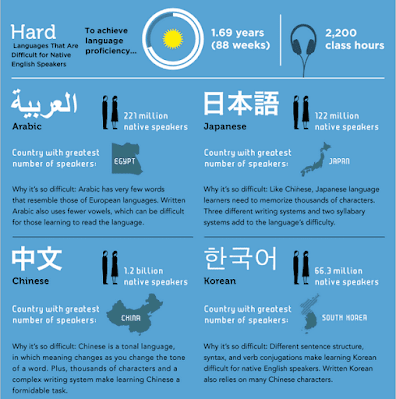Being one our main methods of receiving information being able to correctly hear and understand what other speakers are saying is invaluable to human survival. As a language learner, the majority of your time with your target language will likely be through the audio component and if your aim is to have meaningful conversations with natives and other speakers, then you will want to be as good as you can be.
Our listening ability is affected by many factors that we can improve to make listening easier, yet in the end we still need to expose ourselves to thousands of hours. Throughout or time learning a new language the experience of listening will change drastically from sentences sounding like incoherent noise to having instant understanding and even predicted the next noise that is about to come out of someones mouth.
The time taken to go through these stages is highly dependent on the languages you know and the sounds it uses. I am also highly convinced some languages due to phonology take longer to be able to distinguish sounds, languages ending in mostly vowel sounds such as Italian and Japanese make it a bit easier to tell where word boundaries are.
There are other variables such as information speed, information density and total number of sounds. Although I could not find any studies based on whether certain languages are objectively harder to hear over others so if you come across such please let me know.
It is highly recommended that you spend a lot of time listening to your target language, just to increase your hours spent with the language. It's very easy to spend a lot of your day listening even if you consider yourself a 'very busy' person, unless you constantly have to talk to someone or be spoke to then you can fit some time in to listen.




